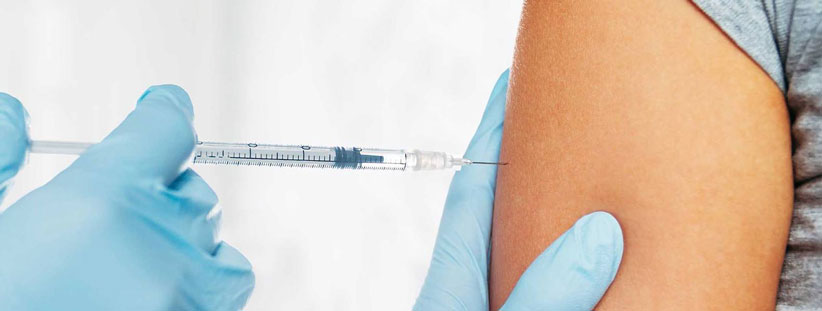Hepatitis A Vaccine(甲型肝炎疫苗) - Dr Yeung Ho Hong 楊浩康

Symptoms and Transmission of Hepatitis A
Hepatitis A is an acute liver infection caused by the hepatitis A virus (HAV), primarily spread via the fecal-oral route. The incubation period ranges from 14 to 28 days, up to 50 days. Symptoms include fever, fatigue, diarrhea, nausea, abdominal discomfort, and jaundice. Most recover spontaneously, but the illness may last weeks to months, with adults and the elderly at higher risk of severe outcomes. Though not chronic, it can rarely cause fulminant hepatitis or acute liver failure, increasing mortality.
Hepatitis A spreads through contaminated water, food, or objects, especially in areas with poor sanitation or water management, where outbreaks are common. Close contact with infected individuals or certain sexual practices (not limited to anal contact) also transmits the virus. Effective prevention is crucial for travelers or those in high-risk areas.
The hepatitis A vaccine is a proven method to prevent infection. Some clinics test for antibodies first; if present, vaccination isn’t needed. The regimen involves two doses: the second given 6–18 months after the first for long-term protection. It significantly reduces incidence and benefits public health.
The vaccine is safe and well-tolerated, with mild side effects like injection-site pain, redness, or brief discomfort, resolving in days without lasting impact. Rarely, allergic reactions or severe side effects occur, so discussing allergies and health with a doctor beforehand is key.
The vaccine suits children, adults, and high-risk groups—travelers, those in poor sanitation areas, or food handlers—reducing infection risk. For people with chronic liver disease or frail health, it prevents further liver damage.
Public health experts recommend education in susceptible areas or before outbreak seasons, promoting hygiene like handwashing, clean water, and cooked food. Governments should implement vaccination programs to curb outbreaks.
Even in high-vaccination areas, hygiene remains vital. Clean environments, safe water, and strict food processing reduce transmission, supporting broader public health strategies.
Overall, the hepatitis A vaccine is a safe, effective, and cost-efficient shield against HAV. Its importance grows with globalization, safeguarding individual and public health. Widespread vaccination, proven by modern medicine, cuts infection risks and controls outbreaks.
Thus, the hepatitis A vaccine is both a key preventive tool and a driver of societal health. Its role in personal and public health is irreplaceable, from travel prep to routine care, offering reliable protection.
